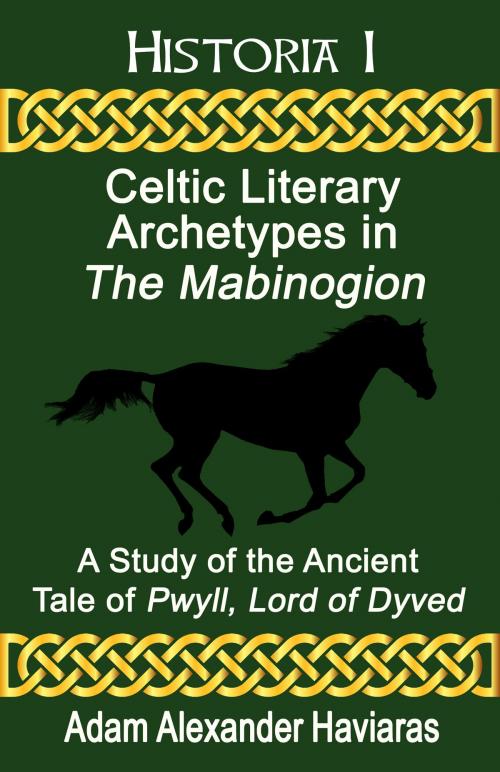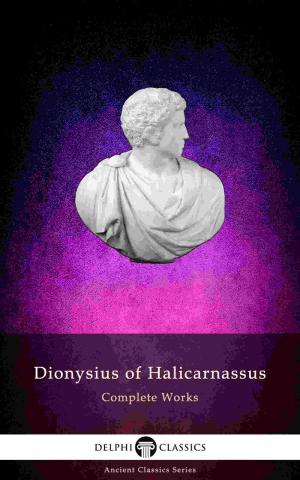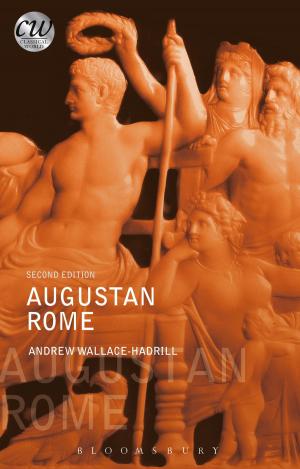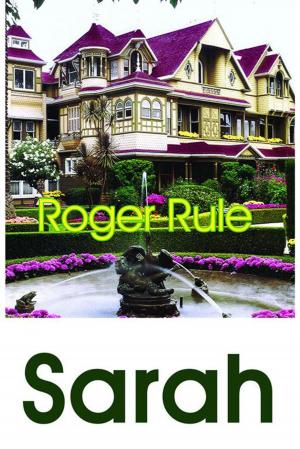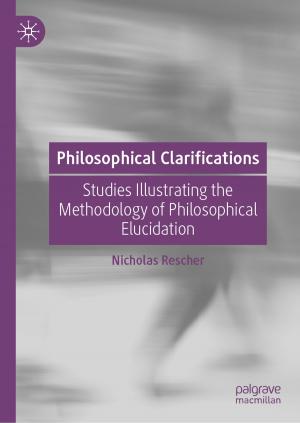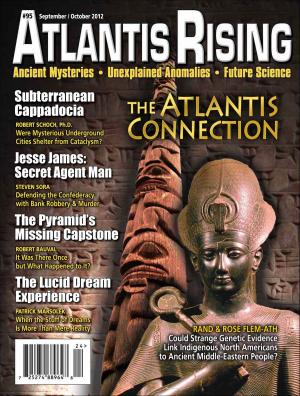Celtic Literary Archetypes in The Mabinogion
A Study of the Ancient Tale of Pwyll, Lord of Dyved
Fiction & Literature, Literary Theory & Criticism, Medieval, Ancient & Classical, Nonfiction, History| Author: | Adam Haviaras | ISBN: | 9781988309125 |
| Publisher: | Eagles and Dragons Publishing | Publication: | June 14, 2018 |
| Imprint: | Language: | English |
| Author: | Adam Haviaras |
| ISBN: | 9781988309125 |
| Publisher: | Eagles and Dragons Publishing |
| Publication: | June 14, 2018 |
| Imprint: | |
| Language: | English |
HISTORIA: A Gateway to Ancient and Medieval History and Archaeology!
This book introduces the reader to some of the literary traditions of the ancient Celts through the study of the first branch of The Mabinogion: Pwyll, Lord of Dyved. This ancient text is both a record of British mythology and a teaching text for ancient princes. It also illustrates the values of Celtic, Iron Age society that carried on into the Middle Ages to shape Arthurian Romance and ideals of chivalry and kingship.
In this book, the reader will learn about the most prominent archetypes in ancient Celtic literature such as occurrences in threes, the importance of contact with the Otherworld, what it meant to be an effective ruler, and more.
Pwyll, Lord of Dyved is a tale of magic and wonder, as well as human trial and experience, and the archetypes it employs are as relevant today as they were over fifteen-hundred years ago.
If you are studying The Mabinogion, or have an interest in Celtic and Arthurian studies, the Arthurian legends and British mythology, then you will enjoy this short, engaging study of one of the great literary achievements of the ancient Celts.
HISTORIA: A Gateway to Ancient and Medieval History and Archaeology!
This book introduces the reader to some of the literary traditions of the ancient Celts through the study of the first branch of The Mabinogion: Pwyll, Lord of Dyved. This ancient text is both a record of British mythology and a teaching text for ancient princes. It also illustrates the values of Celtic, Iron Age society that carried on into the Middle Ages to shape Arthurian Romance and ideals of chivalry and kingship.
In this book, the reader will learn about the most prominent archetypes in ancient Celtic literature such as occurrences in threes, the importance of contact with the Otherworld, what it meant to be an effective ruler, and more.
Pwyll, Lord of Dyved is a tale of magic and wonder, as well as human trial and experience, and the archetypes it employs are as relevant today as they were over fifteen-hundred years ago.
If you are studying The Mabinogion, or have an interest in Celtic and Arthurian studies, the Arthurian legends and British mythology, then you will enjoy this short, engaging study of one of the great literary achievements of the ancient Celts.
